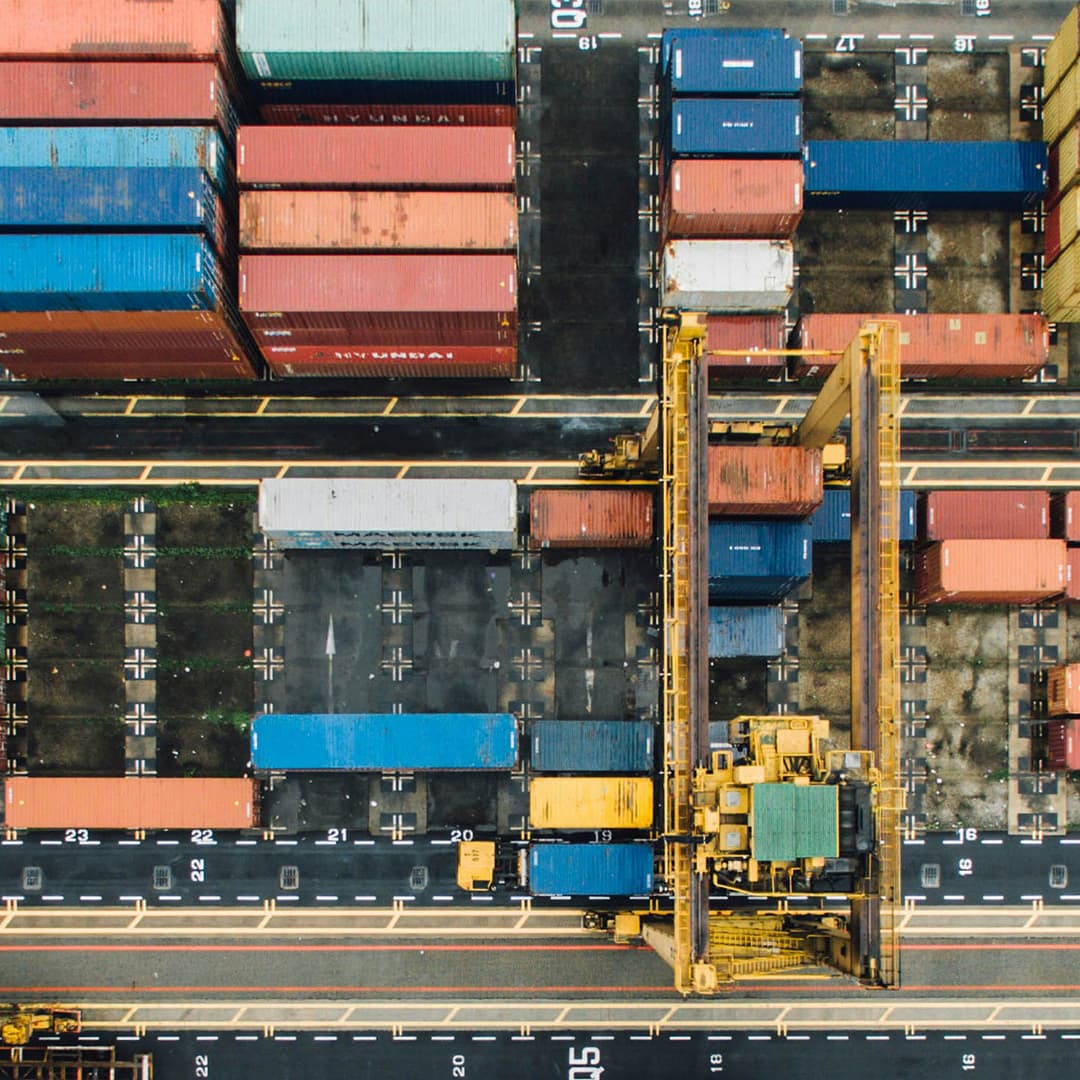Twenty-five years after it was first launched, the Certificate for Documentary Credit Specialists (CDCS) remains as important as ever for trade professionals working in a fast-changing, global trade environment.
Until around twenty-five years ago, global trade was largely uneventful. During most of the 20th century, real oil and gas prices were steady or falling and the prices of metals and food contracted in real terms, according to McKinsey. Then came the commodities supercycle, the technological developments that made globalisation possible, and the accession of China to the World Trade Organization. China accounted for around 3.9% of the global export of goods before it joined the WTO in 2001, according to UNCTAD. Now it is the world’s biggest exporter of goods with over 14%.
The need for skilled documentary credit specialists
The new shape of global trade changed economies and increased the demands made on trade finance teams. Counterparties, prices and the nature of the goods themselves became harder to check and morphing sets of trade rules and sanctions had to be factored in. The bottom line: any bank signing a documentary credit needed to carry out a very rigorous check of the documents.

But how could trade professionals know what to look for? People have always learnt from more experienced colleagues. That is clearly part of any professional development process. However, ad hoc learning can lead to ad hoc knowledge. Banks tend to prefer staff who can demonstrate that they really do have the right level of competence – especially when large sums of money and the bank’s reputation are riding on staff decisions.
That is where the Certificate for Documentary Credit Specialists (CDCS) has proved its worth. Over the past quarter-century, over 30,000 professionals have passed the exam (The pass rate is currently around 60%.) Many banks insist on their document checkers being CDCS holders. In China, nearly 12,000 people can put the qualification next to their names. There are over 3,500 holders in India and South Korea has over 2600.
Studying CDCS
CDCS is not for the faint-hearted. It’s a technical exam, which is what makes it both prized and challenging. “Banking professionals working with letters of credits require a unique skillset, regulatory knowledge and understanding of risk,” says Alessandra Palmas, Relationship Manager in Trade Finance Learning and Development at LIBF. “CDCS enhances understanding of all the complex issues associated with documentary credit practice.”
The topics CDCS covers include:
the types of documentary credits and standby credits and how they’re used
the risks involved and how they can be controlled and mitigated
what breaching the rules can mean for the institutions involved
and, crucially, a detailed understanding of what those rules are and the terminology involved.
The qualification is set by LIBF and delivered around the world in collaboration with accredited learning support providers, including chapters of the International Chamber of Commerce. When it first launched, the CDCS exam was offered twice a year, in person, in designated exam halls. It wasn’t unknown for people to fly from Hanoi to Bangkok to sit it. Now, it can be done on demand, online, whenever the candidate feels ready.
Trade changes, the need for expertise does not
But will CDCS still be needed over the next 25 years as technological innovation starts to make a real impact on trade? The answer is ‘yes’.
Until last year, e-documents could not be ‘possessed’ under English law, which meant that the sector had to manually deal with around 4bn paper documents a year. Now that the law has been changed, however, the way is clear for the increasing automation of many of the tasks currently carried out by document checkers. But that will not mean the end of the need for human checkers of trade documents. On the contrary: it will increase the need for sector experts and, arguably, for people who are CDCS qualified. That’s because automation will enable banks to sift very efficiently through the routine documents, but the tricky, edge, cases that are left will require deep knowledge to assess.
So, as we look forward to another few decades of potentially fundamental change in trade and trade finance, we can expect another twenty-five years in which CDCS will be an essential qualification for trade finance professionals.
Related articles

Jobs in finance: why should I pursue a career in sustainable finance?
01 June 2022
What kind of role would best suit you?

